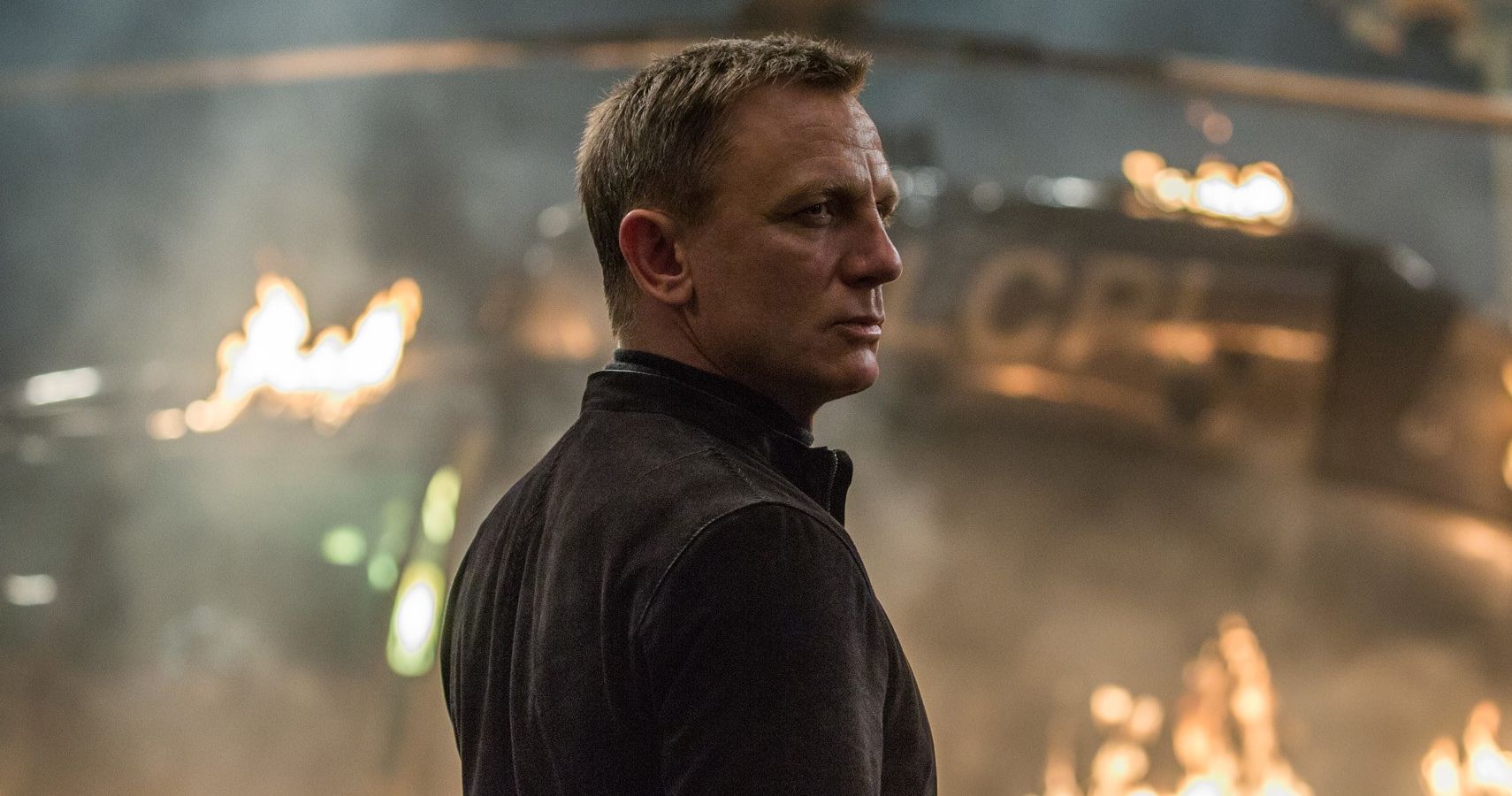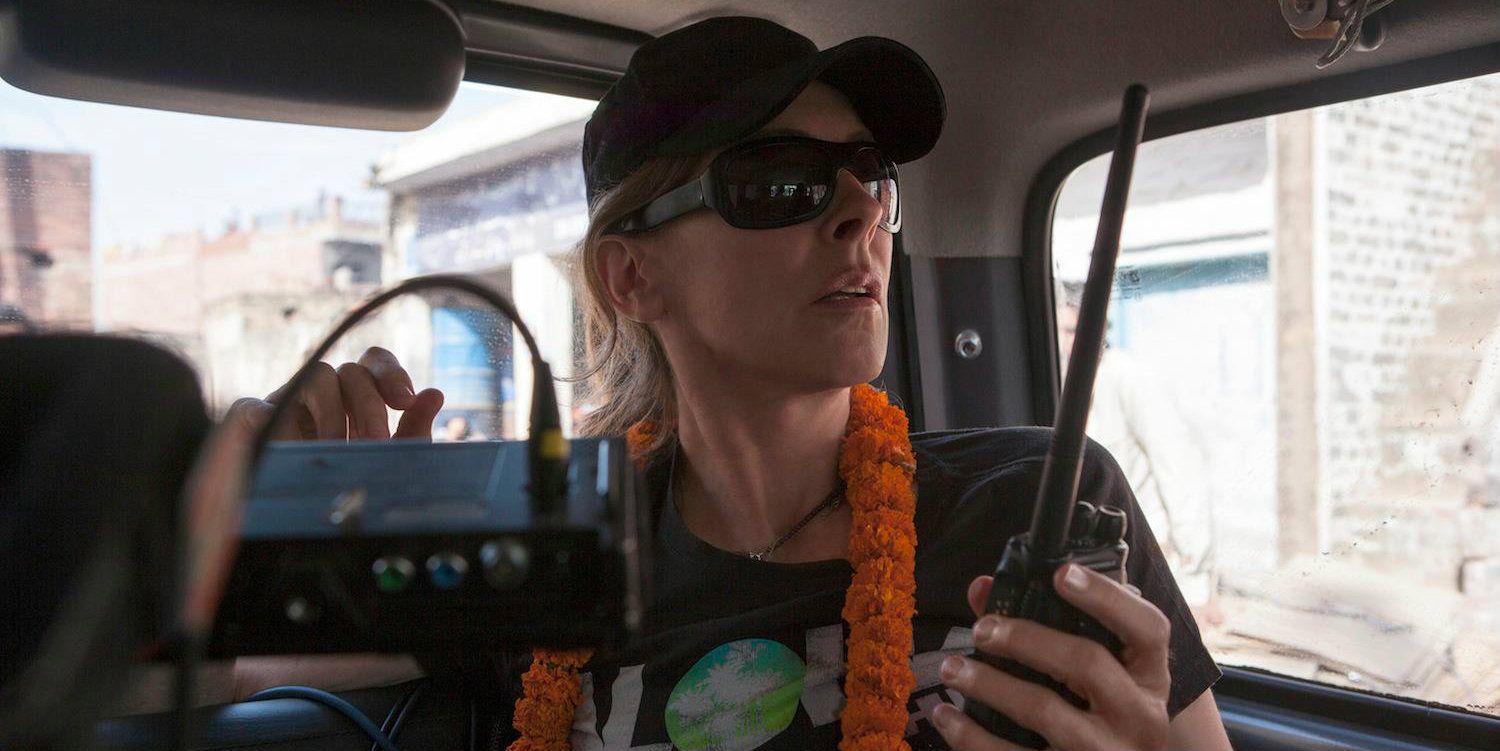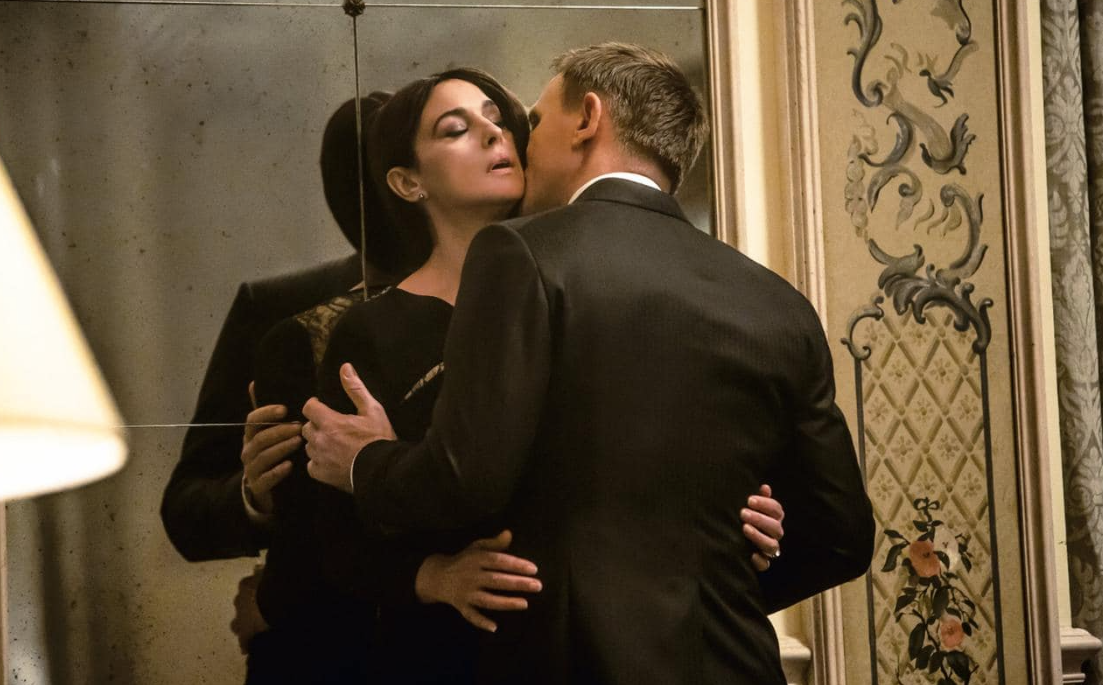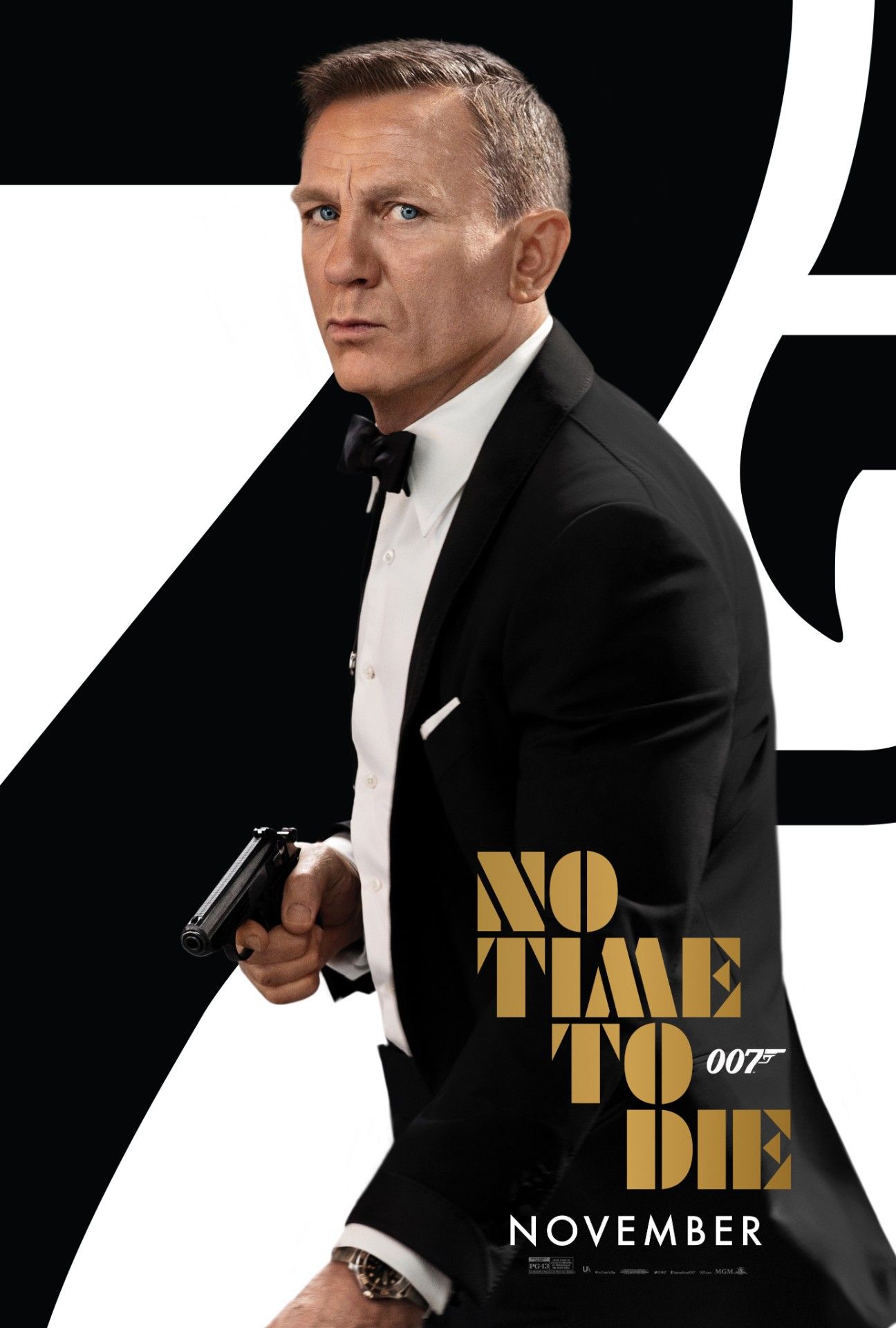The rumor mill for Bond 25 is in full swing with fresh reports about the film’s title, plot and just which villains 007 will face, surfacing on the Internet. Little else is known about the new movie other than the fact that Daniel Craig appears to be returning as James Bond for a fifth time, but Sam Mendes will not be joining him. While French filmmaker Yann Demange is considered the frontrunner to direct the 25th film, many people are wondering if it’s not time for a woman to sit in the director’s chair.
Clearly, Sony - who co-financed and released the last four movies globally - are a fan of the idea as Variety revealed that the studio’s former chief Amy Pascal had “urged” Kathryn Bigelow to direct one. The Detroit director dismissed the idea, saying “I’m grateful, I’m just more drawn to a journalistic aspect of film that opens up very specific avenues as opposed to more comforting avenues,” but that doesn’t mean we should dismiss the idea of a woman directing.
Bigelow is just one of many female directors who have proven themselves to be just as (if not more than) capable as any male director to take on big budget productions and typically “masculine” subject matter. Patty Jenkins is testament to that fact thanks to her recent cinema outing with Wonder Woman. Both a critical and commercial success, the comic book movie has so far earned over $786 million at the box office, beating the likes of Deadpool and Guardians of the Galaxy Vol. 2.
It now seems rather shocking that Jenkins is just one of four women who have been given the keys to a $100-million-plus budget vehicle. Bigelow had that luxury for K-19 Widowmaker, released in 2002, and Disney have entrusted Ava DuVernay and Niki Caro to take charge of two of their big budget movies, A Wrinkle In Time and the live-action Mulan remake, respectively. Any one of these directors could handle a Bond budget, but that’s not the main reason why the British spy franchise could benefit from a woman’s touch.
If Spectre taught viewers anything about James Bond it’s that the filmmakers had reverted back to the franchise’s traditional misogynistic leanings. As Craig himself confirmed in 2015 to The Red Bulletin, "many men admire Bond for his way with the ladies but let's not forget that he's actually a misogynist." Yes, he’s a misogynist, but since 1995 his sexism has been counterbalanced by the brilliant M, played by Judi Dench, until her demise in Skyfall, Vesper Lynd (Eva Green) in Casino Royale, and Camile Montes (Olga Kurylenko) in Quantum of Solace.
Skyfall was the movie that begun the franchise’s move backwards in its portrayal of women, with each major female character being killed to motivate Bond’s actions, or in Moneypenny’s case, presented as an incompetent field agent who could not handle field work and endangers Bond so resorts back to the stereotypical secretary role.
Spectre continues this traditional disregard for strong female characters with the introduction of a white male (once again) as M, and the other women in the film positioned as either a damsel in distress, a quick shag, or a secretary who answers to Bond’s every beck and call.
People praised the casting of Monica Bellucci as “older” Bond Girl, Lucia Sciarra (her character was pretty much the same age as him, guys) with the actress even describing it has “revolutionary” but there was little to celebrate about her actual screen time in Spectre. When she wasn’t crying over her dead assassin husband, Lucia was getting shagged by the man who killed him for information and begging for him to stay in bed with her so he wouldn’t die next. Everything about her involvement in the movie revolves around men and one can only imagine what a female director might have done with her scenes, to either expand on her role or prevent her from merely being little more than a sexual plot device.
Even Léa Seydoux’s character Madeleine Swann goes from being a strong, independent woman who is more than a match for 007 to the damsel in distress who gets kidnapped and needs to be rescued by Bond. This final act storyline is particularly jarring as Swann had saved him twice already in the movie, as well as being the more than capable (and well-trained) daughter of an assassin. Mendes allowed Spectre to fall back on the classic 007 trope of having him save the girl and the world when a female director might have allowed both Bond and Bond girl to do it together.
It’s not like other big action franchise, or male directors, aren’t already using this more feminist approach to female characters supporting the male lead - Mission Impossible: Rogue Nation and Mad Max: Fury Road are proof of that - but those films aren’t based on an inherently sexist subject matter from a prejudiced author. William Boyd - who wrote the 2013 Bond book Solo - said he “deliberately” wrote sex scenes “not in the way [Ian] Fleming would write them,” and described the original writer as being “probably racist, sexist, right wing and anti-Semitic.”
Fleming wrote his Bond novels the same way male directors made the film adaptations, through a perspective that catered to their own way of seeing the world, and though the latest films are far less chauvinist than the early ones of the 1960s, more could certainly be done to make the franchise less of a “sexist, misogynist dinosaur” than James Bond. Yes, James Bond is a misogynist, and that’s a fundamental characteristic of his, but it doesn’t mean the plot or the other characters need to be presented through his misogynistic gaze. A female director could help challenge that perception, work around the archaic 007 tropes and with the writers to ensure that the women Bond encounters have a more functioning role than just giving him information, sexual satisfaction or a need to be rescued.
There’s plenty of female directors already out there who are more than up to the task. Susanne Bier (The Night Manager), Amma Asante (A United Kingdom), Jane Campion (Top of The Lake), Sam Taylor-Johnson (Gypsy), Lesli Linka Glatter (Homeland), Lexi Alexander (Arrow) and Karyn Kusama (The Man in the High Castle) have all proven themselves time and time again that they know their way around gritty, “masculine” subject matter that is appreciated by both male and female critics and audiences, so when it comes to Bond 25, what are we waiting for?
There have been 24 James Bond films, over 55 years, all directed by men. It’s about time a woman got the chance to shake (not stir) the franchise up.




